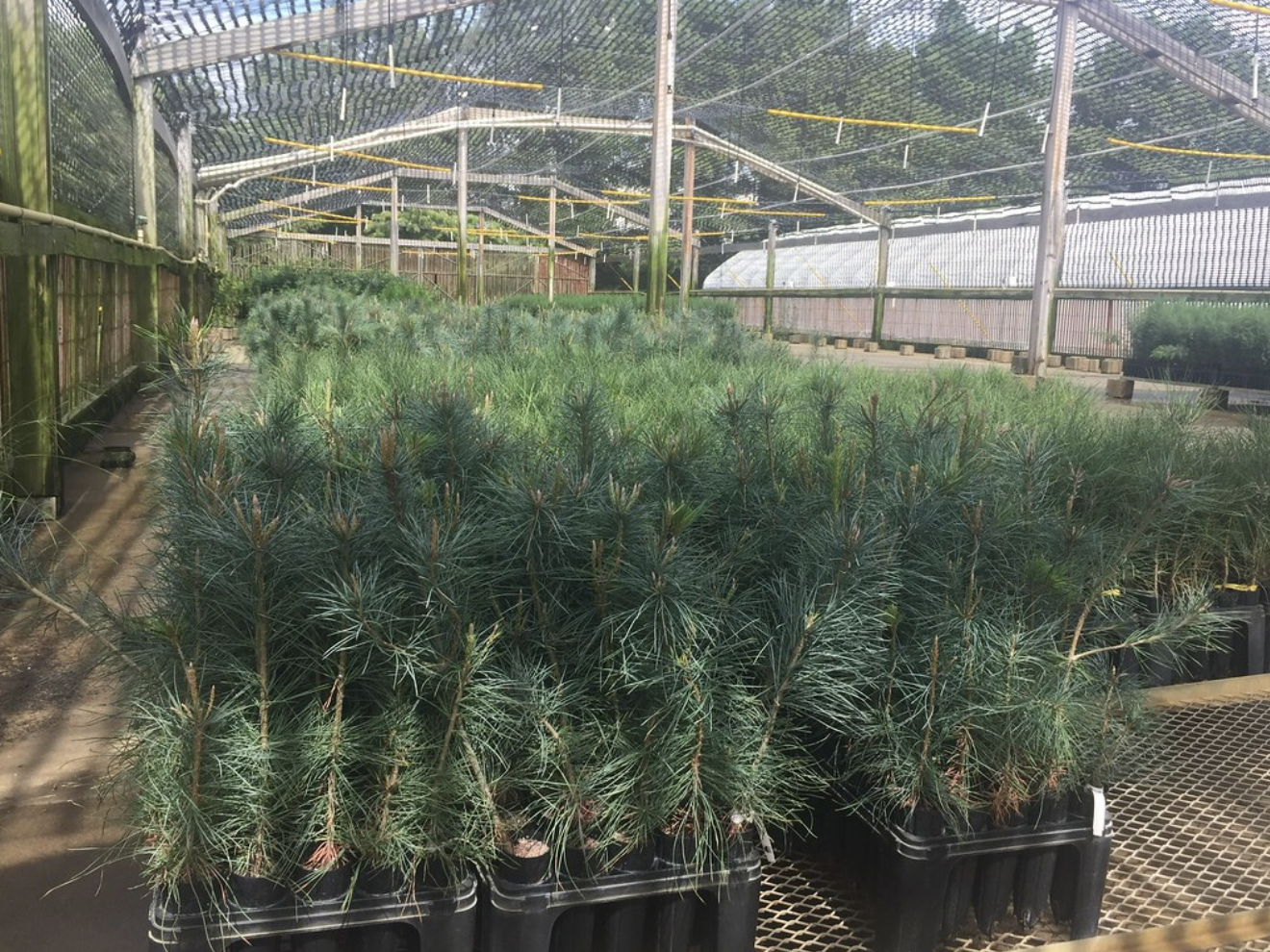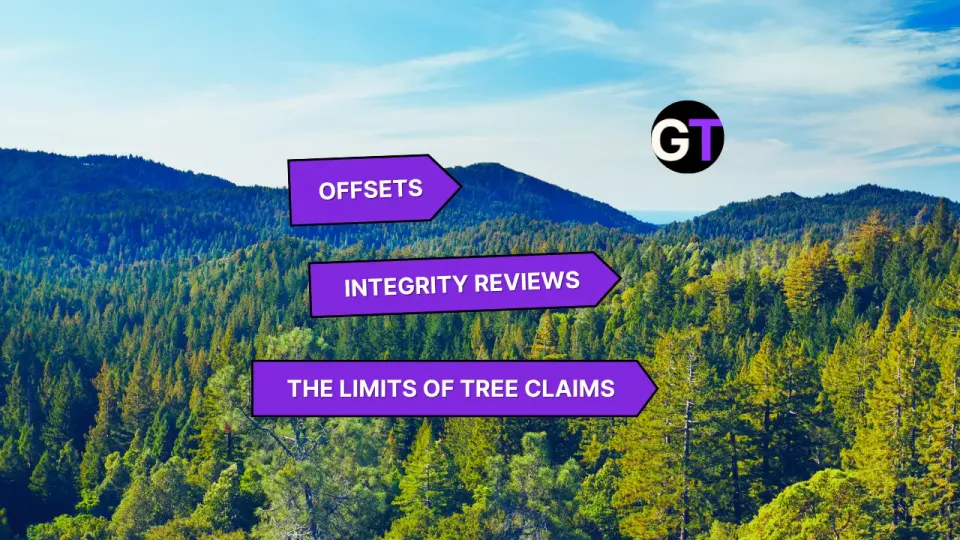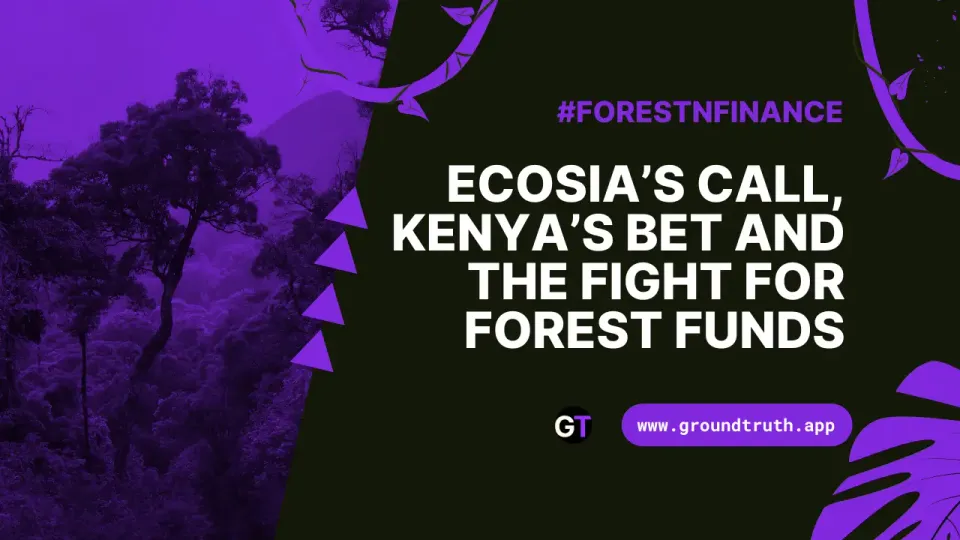CTNA-ACPF Reveals Urgent Seedling Requirements for Canada’s Forest Restoration
5.3 billion seedlings are needed to begin restoring 15% of forests destroyed in 2023-2024 wildfires.

This article by Sepehr Achard originally appeared in iGrow News.
Key Takeaways:
- Massive Reforestation Need: CTNA-ACPF reports 5.3 billion seedlings are needed to begin restoring 15% of forests destroyed in 2023-2024 wildfires.
- Provincial Shortfalls: Funding cuts, such as British Columbia’s reduction of tree planting targets, challenge reforestation efforts.
- Federal Tree Planting Program Limits: CTNA-ACPF urges expansion of Canada’s 2 Billion Tree Program, citing current targets as inadequate post-wildfire.
- Actionable Recommendations: Long-term government commitments and expansion of skilled nursery labor are critical to meet restoration demands.
CTNA-ACPF Calls for Urgent Action to Meet Canada’s Reforestation Needs
At the Atlantic Forest Nursery conference, the Canadian Tree Nursery Association (CTNA-ACPF) presented a report detailing the extent of Canada’s reforestation challenge following unprecedented wildfires in 2023 and 2024. According to CTNA-ACPF, over 5.3 billion seedlings are required to restore just 15% of forest areas lost, underscoring a need for immediate government action to support Crown forest restoration.
“Action on this is urgently required by our Prime Minister, Premiers, and Forest Ministers,” emphasized Rob Keen, Executive Director of CTNA-ACPF. Keen highlighted the urgency of supporting tree nurseries to meet current and future demand amid climate pressures on Canada’s forests.
Province-by-Province Seedling Demand
The report provides a breakdown of seedling requirements by region to restore 15% of wildfire-affected forests. Quebec and the Northwest Territories top the list, needing 1.47 billion and 1.31 billion seedlings respectively, due to extensive forest losses. Other regions such as British Columbia and Alberta face similarly high requirements, driven by severe fire impacts and the demand for region-specific replanting densities.
Tree Nurseries: A Key Part of the Solution
CTNA-ACPF Chair Mike Downing highlighted the role of tree nurseries as key employers and community assets in Canada’s rural regions. Downing emphasized that nurseries require long-term planning and resource allocation to address the multi-year process of seedling growth. However, provincial funding reductions pose additional challenges, such as British Columbia’s plan to plant 58 million fewer trees in 2025.
Keen acknowledged the value of Canada’s 2 Billion Tree (2BT) initiative, launched in 2020, but noted that recent wildfire losses have rendered its targets insufficient. “It is now obvious that the 2BT planting target and execution mechanisms are inadequate for the catastrophic losses of 2023 and 2024,” he stated. CTNA-ACPF proposes that the program be extended beyond its 2031 target, suggesting that lessons learned during its development could help address the urgent reforestation needs.
Recommendations for Sustainable Reforestation
To support Canada’s forest restoration efforts, CTNA-ACPF has outlined several key recommendations:
- Increase Federal and Provincial Long-Term Commitments: Long-term funding and predictable seedling demand are essential for effective planning and investment by nurseries.
- Expand the 2 Billion Tree Program: CTNA-ACPF advocates for an expansion beyond 2031 to meet the growing demand for seedlings.
- Incorporate Science and Traditional Knowledge: A combined approach will ensure that the appropriate tree species are planted in the right locations.
- Address Nursery Labor Shortages: By equipping workers with necessary skills, nurseries can better support sustainable reforestation.
- Initiate Immediate Action: CTNA-ACPF calls on all stakeholders to prioritize and enhance tree planting to counteract the impact of wildfires.
Looking Ahead
CTNA-ACPF’s report underscores the significant need for reforestation and the potential economic and environmental benefits of strategic planning and investment in the tree nursery sector. As a national voice for nurseries across Canada, the Canadian Tree Nursery Association remains committed to collaborating with government and industry partners to ensure that Canada’s forests—and the communities they support—thrive for generations to come.
For more information, visit CTNA-ACPF’s website or contact Don Huff at huffd@ecostrategy.ca or 416-805-7720.
Founding Partners and Sponsors
The Canadian Tree Nursery Association-Association Canadienne des Pépinières Forestières (CTNA-ACPF) was established in 2023 by founding directors representing prominent tree nurseries and forestry consultants, including Ryan Scott of Scott and Steward Forestry Consultants Ltd., Mike Downing from L’office des producteurs de plants forestiers du Québec (OPPFQ), Brent Forbes of Somerville Nurseries Inc., Scott Formaniuk of Coast to Coast Reforestation Inc., and Randy Fournier from PRT Growing Services Ltd. The organization is supported by founding sponsors such as Maple Leaves Forever, which advocates for Canadian native maple trees, Harnois Greenhouses, known for innovative greenhouse solutions, and Blackmore Industries, a leader in agribusiness advancements. Together, these partners and sponsors are committed to bolstering Canada’s forest restoration efforts and supporting sustainable practices in the nursery industry.
License
Achard, Sepehr. "CTNA-ACPF Reveals Urgent Seedling Requirements for Canada’s Forest Restoration." iGrow News, 30 October 2024. Published under a Creative Commons Attribution 4.0 License with minor changes to original formattign and images.




